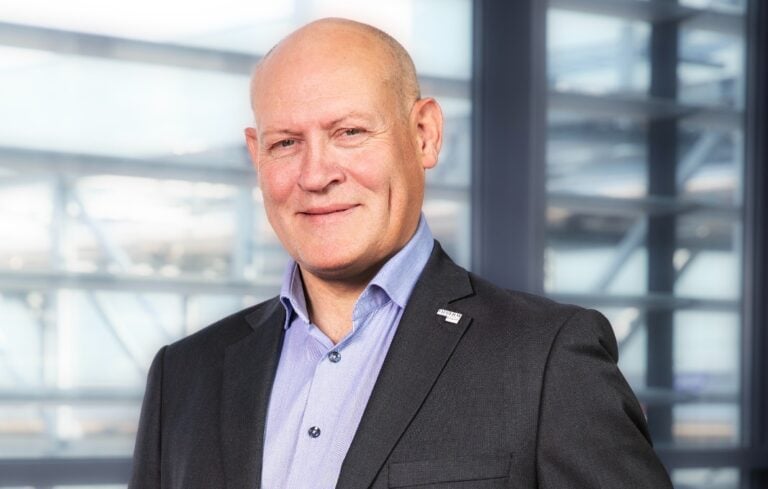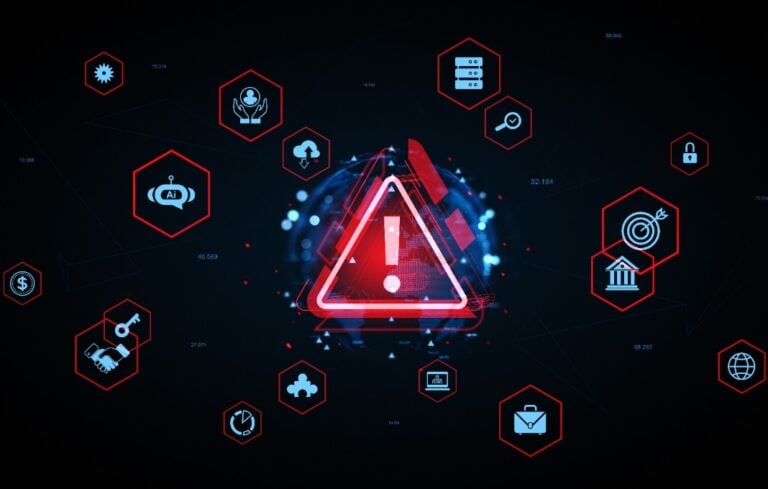Though the U.S. economy just lost twice the percentage of its employment in two months as it did in the 2008 financial crisis over two years, there is widespread optimism that the nascent reopenings in all 50 states will restore the robust economy from before the pandemic. That won’t happen. The economy that we do rebuild will be very different from the economy in the opening days of 2020, and rebuilding won’t be easy. Success will require vision, innovation and cooperation between business and government. Here’s why.
Two common but relevant metaphors in personal health are “Catch-22” and “the weakest link.” It is not uncommon for medical science to have a remedy for one critical health problem whose side effect makes another problem equally critical. Similarly, a strong heart and perfect eyesight are no help if someone’s liver fails. And to those might be added a third, the oft-repeated aphorism that you can take a horse to water, but you cannot make it drink. Those three notions help explain why the economy may lag even when the current social lockdown is released.
The economy has fallen off a cliff, but before the sudden stop at the bottom, there is damage on the way down. Consider: While businesses are closed and take in little cash, the bills don’t stop: the rent, the utilities and the payroll still come due. Some businesses will collapse under the strain. Meanwhile, their key employees must feed themselves and their families, and will hunt for other jobs. It is a tough time, but Catch-22: The better they are, the more likely that they will find something else to do. A robust economic bounce-back requires that the businesses that closed when the pandemic hit are there to reopen when the economy is unlocked. But even with an early vaccine, many will not.
Some argue that this downturn forces businesses to become more efficient (for example, using remote work). So, this thinking goes, only weaker businesses will die off, and when the economy reopens, surviving businesses will be leaner and meaner. To an extent, that may be true. But the pandemic is not a pure test of business strength. Some strong and innovative businesses will die by the bad luck that they borrowed their seed capital and cannot make the interest payments. Some inefficient businesses that were built with cash will survive. Businesses in Covid-19 hotspots are at a major disadvantage. And Catch-22: While remote work saves some firms, it will hit the real estate industry—and America’s downtowns, and all of the businesses they nurtured. This downturn is not textbook Darwinism, leading to the survival of only the fittest.
Other efficient businesses are under the hammer of the pandemic. Restaurants are successful or not according to whether they can pack the house; airlines are successful if they can achieve high “load factors,” that is, if they can fill all the seats—as are theaters and sports stadiums. These enterprises cannot be successful so long as “social distancing” is required. Then there are manufacturing, construction and similar industries. Can they “social distance” and turn a profit? Covid-19 “hot spots” occurred in meat packing plants, which were most efficient with workers elbow to elbow. Can they be profitable with social distancing?
The economic shutdown is wearing on everyone – which is why states rush to reopen. That raises the obvious question whether they are reopening too soon, and will re-fire the pandemic. But it raises another question: If you reopen restaurants, can you make consumers eat, and pay the bill? A recent poll found that 78 percent of Americans would feel uncomfortable going to a restaurant. And even if restaurants (and manufacturers) can reopen safely, how many people can afford to buy?
With all those dislocations, can you make a viable supply chain? Manufacturing and construction cannot function if one link in their supply chains – which can extend around the globe – is weak. What if a foreign supplier’s country is locked down, or commands its producers to keep products at home? What if a US supplier is closed? What if transportation is interrupted?
Therefore, the economy cannot rebuild automatically. Rebuilding will require purposeful action to create, to innovate, and to improve productivity. Businesses must improve their work processes (including working remotely where it is more efficient), and find new ways to connect with and deliver value to their customers – even more than before Covid-19.
And then there is public policy’s necessary role, which is just now emerging. As the economy drags on, how can government keep businesses alive without unbearable loads of debt? As businesses become more efficient, and both change and replace jobs, how can employers and government collaborate to retrain and reemploy the workers who struggle in the inevitably changed workplace – especially blue-collar workers with obsolete skills? Most fundamentally, how can the economy outgrow government relief and stimulus and be renewed by energy, innovation and ingenuity from the private sector?
The economy must be rebuilt to meet the needs of tomorrow and preserve the benefits of capitalism to lift the lives and incomes of all Americans. Business, government, academia and NGOs must work together, solve each tough problem and create the best economic system ever. The Committee for Economic Development will contribute to this effort.






